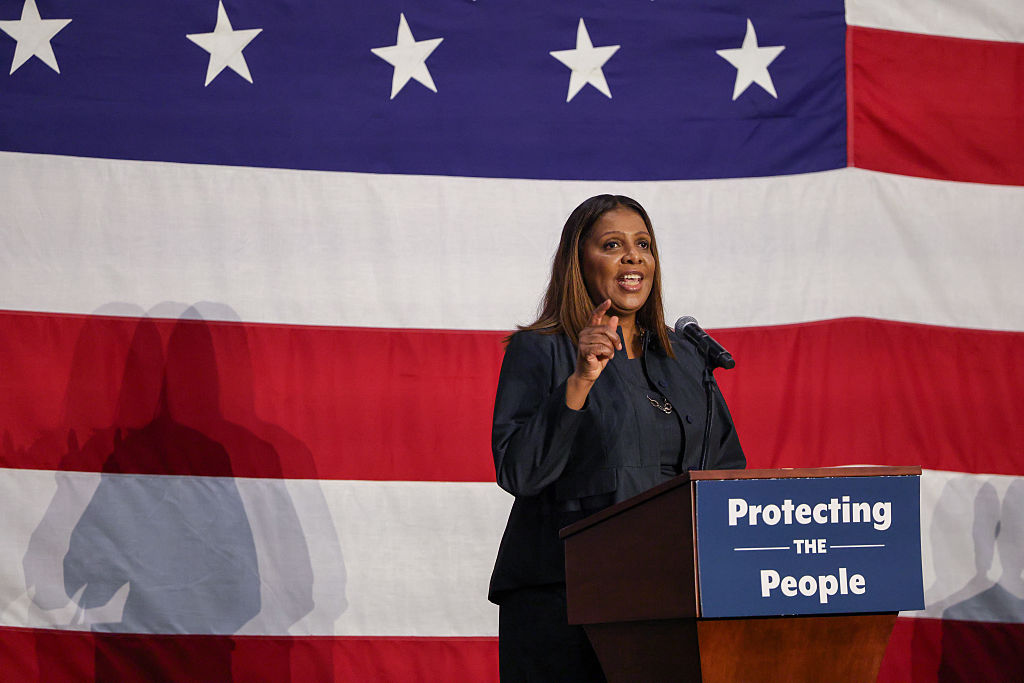Brittney Cooper: Huff Post Live Chat On WSHH Gets Heated And Sexist
Fighting Racism And Respecting Black Female Bodies Are Inextricably Linked
When a Black female college professor argued that World Star Hip Hop is cultivating a digital culture of violence that exploits Black women for profit during a Huff Post Live Google+ discussion moderated my Marc Lamont Hill, the Black male panelists rebuffed her thesis as nonsense.
It was a disturbing exchange that revealed how some Black men cannot comprehend that respect for Black female bodies and the discussion of racism go hand-and-hand.
During the 30-minute online panel discussion “Do ‘Hood Sites’ Normalize Black Stereotypes,” Professor Brittney Cooper of Rutgers University, Professor Shayne Lee of the University of Houston, television personality Amanda Seales, Chicago rapper Rhymefest, and filmmaker Mandon Lovett discussed whether World Star Hip Hop was irresponsibly profiting from Black-on-Black violence.
The conversation became tense when Prof. Cooper said that WSHH is cultivating a dangerous Black female pathology by publishing videos of Black girls fighting each other, all while the “CNN of the Ghetto” profits from the millions of views the clips generate.
“What we’re seeing is real expressions of Black girl pain and Black girl anger,” Cooper said. “I think it is becoming spectacular because we don’t have any healthy outlooks to talk about what it means for Black girls to be part of the bulling conversation, what it means for Black girls to be angry about negotiating friendships where they feel there is some kind of betrayal, which seems to be the subtext of the Sharkeisha video. But what we do have is a moment where Black women’s and Black girl’s pain makes folks multi-millions of dollars in reality television and now also on World Star Hip Hop.”
Watch the exchange here:
It was a very legitimate argument to debate, but Prof. Lee chose to be chide his co-panelist instead.
“You’re logic is skewed,” he said repeatedly as Cooper tried to take. Even when Seales opened up about the online gender abuse she has experienced online, it evoked no empathy from Lee or Rhymefest. In fact, Lee became condescending and sexist.
“The website has White women, Black woman, Black men,” he said. “I don’t understand this kind of maternalistic approach that when something harms Black women, we have to worry. I mean, “Saturday Night Live” lampoons Stephen A. Smith … How do you avoid that?”
And Rhymefest, while not as condescending in his tone, was not much better.
“We’re not here talking about YouTube,” he said. “We’re not here talking about Vimeo. We’re not sitting here talking about all of these sites that do the same thing that World Star does. I think, as Shayne said, everybody gets it. I don’t understand the argument that we go crazy over racism. Yeah, we do, but we also go crazy over sexism. I can think of videos right now where large communities of Black people defended Black women who were attackrf over the Internet as well.”
Unfortunately, neither of these Brothas got the point.
What Cooper did a very effective job of articulating is that sites such as World Star Hip Hop are digital incubators of Black female misogyny that are being operated by Black men who profit handsomely from its existence. It is a legitimize conversation to have when discussing Black stereotypes can the machinery that produces them–even if you do not agree that it is true. However, Lee nor Rhymefest could think beyond their male privilege to realize it.
And while both are correct in pointing out that the site features different races of men and women, violence between Black girls seems to gain the most viral traction. That neither of the male panelist was willing to even have a healthy discussion over the aforementioned observation is a glaring example of how Black (male dominated) racial politics can dismiss the voices of Black women.
Or, in the case of Lee and Rhymefest, ignore them altogether.















